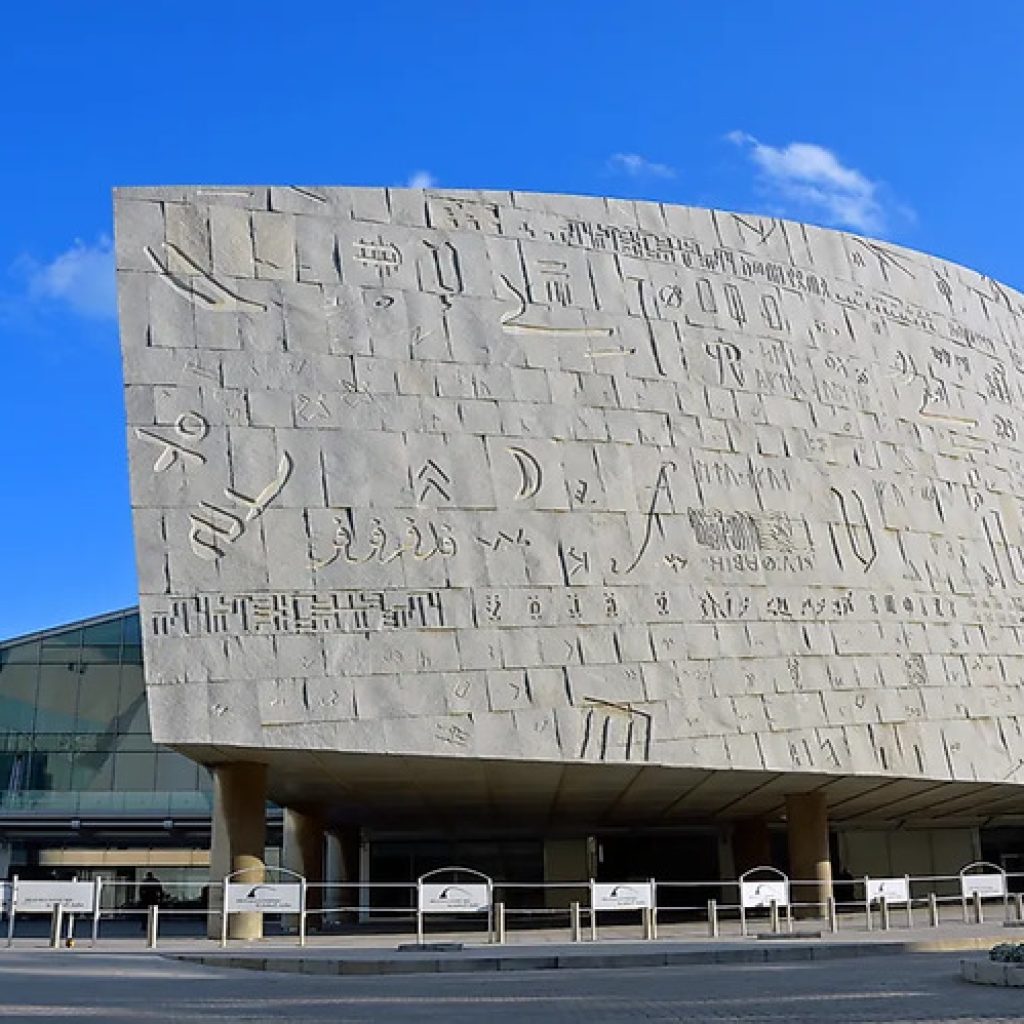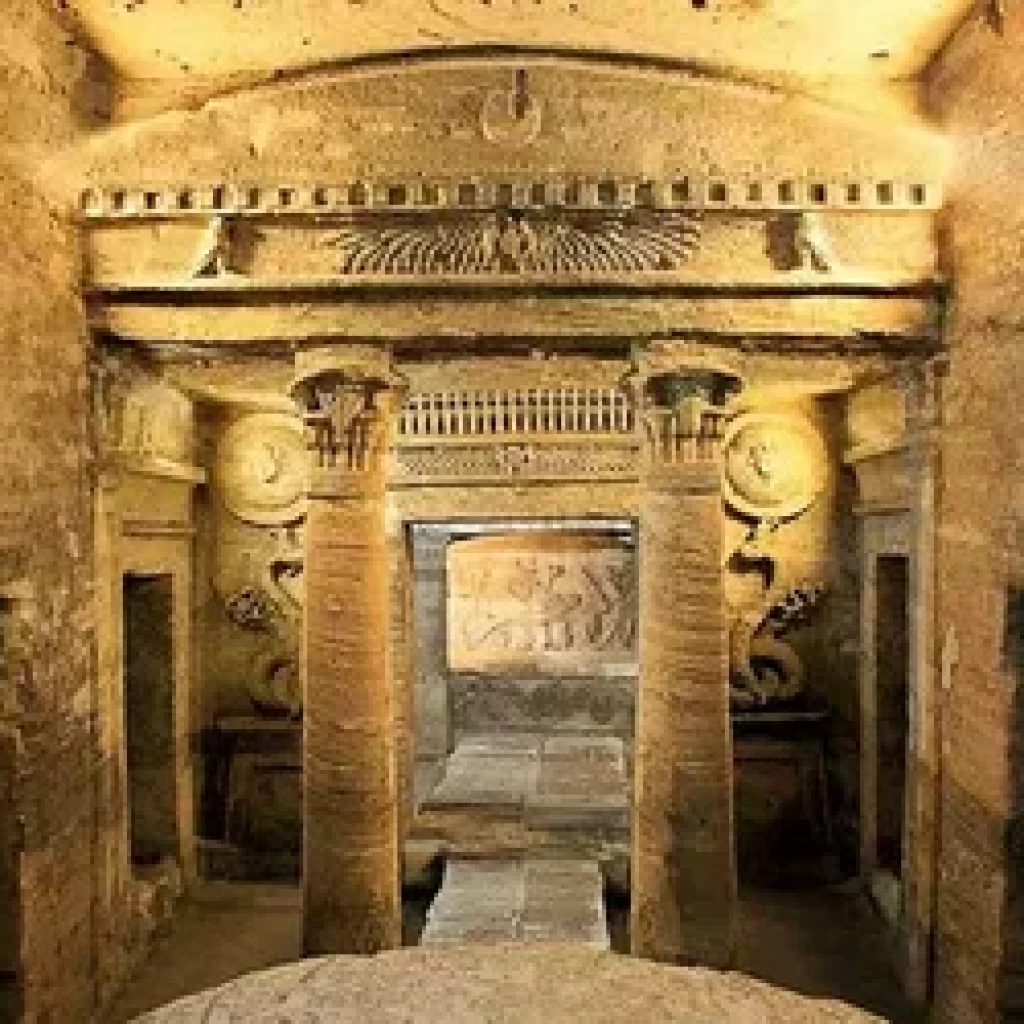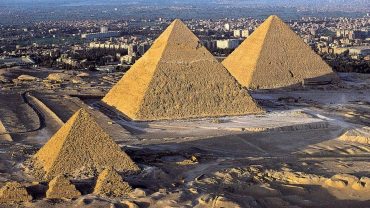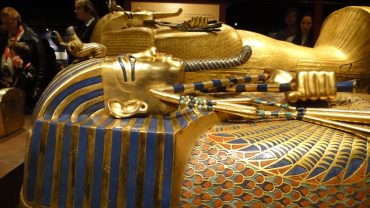The Lost Wisdom of Ancient library of alexandria

Contents:
- Introduction
- The Ancient Library of Alexandria’s Foundation
- Library’s architectural wonders
- The Collection: A Treasure Trove of Knowledge
- Scholars and Intellectuals of the Library
- The Role of the Library in Advancing Science
- The Library’s Influence on Philosophy and Literature
- The Destruction: Causes and Consequences
- The lasting impact left by the Library of Alexandria.
- Reviving the Library in Contemporary Times
- Conclusion
- FAQs
Introduction
The Ancient Library of Alexandria, often heralded as the pinnacle of human knowledge and learning, remains one of the most famous and enigmatic institutions of antiquity. Ancient library of alexandria, Its vast collection, intellectual luminaries, and tragic destruction continue to captivate historians, scholars, and the public alike. This article delves into the rich history, architectural wonders, influential scholars, and enduring legacy of the Library of Alexandria, highlighting its unparalleled contribution to human civilization Ancient library of alexandria.

1. The Ancient Library of Alexandria’s Foundation
Founded in the early 3rd century BCE, the Library of Alexandria was established under the reign of Ptolemy I Soter, a general of Alexander the Great. Ptolemy envisioned a grand repository of knowledge, drawing scholars and thinkers from across the Hellenistic world. This ambition laid the groundwork for an institution that would become the intellectual heart of the ancient world.
2. Library’s architectural wonders
The Library of Alexandria was not just a center of learning but also an architectural masterpiece. It featured lecture halls, meeting rooms, gardens, and reading rooms, all designed to inspire and facilitate the pursuit of knowledge. The grandeur of its architecture reflected the Ptolemaic dynasty’s commitment to intellectual and cultural excellence.
3. The Collection: A Treasure Trove of Knowledge
At its zenith, the Library of Alexandria housed an estimated 400,000 to 700,000 scrolls, encompassing works on philosophy, science, literature, and more. These texts were meticulously collected from across the known world, often through aggressive acquisition strategies, including copying scrolls from ships docked at Alexandria’s port.

4. Scholars and Intellectuals of the Library
The ancient world’s most brilliant minds were drawn to the Library of Alexandria. Notable scholars included Euclid, the father of geometry; Archimedes, the brilliant mathematician and engineer; and Eratosthenes, the polymath who calculated the Earth’s circumference with remarkable accuracy. These intellectuals transformed the Library into a hub of scientific and philosophical innovation.
5. The Role of the Library in Advancing Science
The contributions of the Library of Alexandria to science were monumental. Scholars conducted groundbreaking research in mathematics, astronomy, medicine, and engineering. The library’s resources and collaborative environment enabled advancements that laid the foundations for modern scientific thought.
6. The Library’s Influence on Philosophy and Literature
Beyond science, the Library of Alexandria was a beacon for philosophical and literary scholarship. It preserved and disseminated the works of Greek philosophers, poets, and playwrights, influencing subsequent generations of thinkers and writers. The library’s role in preserving Homeric epics and Platonic dialogues was particularly significant.

7. The Destruction: Causes and Consequences
The destruction of the Library of Alexandria remains shrouded in mystery and controversy. Possible causes include fires during Julius Caesar’s siege of Alexandria, attacks by early Christians, and decrees by Roman emperors. The loss of the library’s vast collection was a profound cultural and intellectual tragedy, marking the end of an era of unparalleled scholarly achievement.
8. The lasting impact left by the Library of Alexandria.
The Library of Alexandria’s legacy lives on despite its destruction. It set a precedent for the establishment of subsequent libraries and academic institutions, influencing the development of medieval Islamic libraries and Renaissance humanism. The ideals of knowledge preservation and dissemination championed by the library continue to resonate today.
9. Reviving the Library in Contemporary Times
In recent years, there have been significant efforts to revive the spirit of the Library of Alexandria. The Bibliotheca Alexandrina, inaugurated in 2002, stands as a modern homage to its ancient predecessor. This new library aims to recapture the original’s dedication to learning, research, and cultural exchange.

The Ancient Library of Alexandria remains a symbol of humanity’s enduring quest for knowledge and enlightenment. Its story, from its illustrious foundation to its tragic demise, offers valuable lessons about the importance of intellectual freedom, the preservation of knowledge, and the collaborative pursuit of learning. Ancient library of alexandria,As we continue to uncover more about this legendary institution, its legacy will undoubtedly inspire future generations.

1. What was the main goal of the Library of Alexandria?The primary purpose was to collect and preserve the world’s knowledge, serving as a hub for scholars and intellectuals.
2. How many scrolls did the Library of Alexandria hold?
It is estimated to have housed between 400,000 and 700,000 scrolls.
3. The Library of Alexandria was founded by whom?
Established during the rule of Ptolemy I Soter.
4. Do you know the fate of the Library of Alexandria?
The library was destroyed, likely due to multiple events including fires and attacks over several centuries.
5. What kinds of works were housed in the library?
The library housed works on philosophy, science, literature, and various other fields of knowledge.
6. Are there any remains of the Library of Alexandria today?
No physical remains of the ancient library exist today, but its spirit is honored by the modern Bibliotheca Alexandrina.
7. Why is the Library of Alexandria still significant today?
It symbolizes the importance of knowledge preservation and intellectual freedom, influencing modern libraries and academic institutions.





Comment (0)